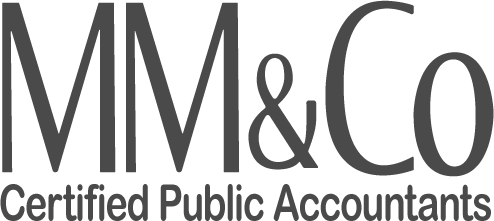Setting Up a Domestic Corporation – Philippines
A Domestic Corporation is a business entity that is organized, registered, and existing under Philippine laws. It is an artificial being created by operation of law and has a juridical personality that is separate from its stockholders and/or other corporations to which it is connected.
A domestic corporation serves as its closest local equivalent by virtue of the powers and attributes granted to the latter by the Corporation Code of the Philippines. Similar to LLCs, a domestic corporation incurs its own liabilities and is legally responsible for the payment of its obligations. Generally, its stockholders can be held liable only to the extent of their share capital.
The juridical personality of a domestic corporation could only come into existence after the issuance of the Certificate of Registration (upon filing of the Articles of Incorporation and other relevant documents) by the Securities and Exchange Commission (SEC) – the government agency mandated to supervise the existence and government compliance of corporations operating in the Philippines.
Domestic corporations must satisfy the statutory requirement of at least five (5) and not more than fifteen (15) incorporators who shall be mentioned in the Articles of Incorporation as originally forming and composing the corporation. They must be signatories to the Articles and have no powers beyond those vested in them by the statute. Moreover, they must be natural persons of legal age, each subscribe to or own at least one (1) share of the capital stock of the corporation, and majority of them have to be residents of the Philippines.
Registration of a Domestic Corporation in the Philippines
Process of registration:
- Registration of proposed company name with SEC [usually, be ready with around 3 different names as the SEC iView may disallow on the basis that there may be entity names that are confusingly similar to the name you are registering]
- Submission of documentary requirements such as the following to SEC:
- Articles of Incorporation and By-laws
- Treasurer’s Affidavit
- Bank Certificate showing the paid-up capital – This is no longer required by SEC.
- Registration Data Sheet
- Endorsements / Clearances from other government agencies (as applicable)
- Registration of Stock and Transfer Books
- Upon registration with SEC, there is an automatic Tax Identification (TIN) assigned for which the entity has to register with the BIR within 30 days from date of SEC registration.
- Next is registration with the barangay and the city hall where the business will be located
- Procurement of secondary licenses, as applicable, if the business will engage in regulated industry sectors (banking and finance, pharmaceutical, lending, etc.)
- Registration with employee-related government agencies such as the following:
- Social Security System (SSS) for social security
- Philippine Health Insurance Corporation (PhilHealth) for health insurance benefits
- Home Development Mutual Fund (HDMF or Pag-Ibig Fund) for housing benefits
Types of Domestic Corporations
Provided under the provisions of the Foreign Investments Act of 1991, domestic corporations can be classified as any of the following:
- Domestic Corporation with 0.01% to 40% Foreign Equity
- Domestic Corporation with 0% Foreign Equity (100% Filipino-owned)
- Foreign-Owned Domestic Corporation with 40.01% to 100% Foreign Equity
The classification of domestic corporations in the Philippines depends on their stockholders’ outstanding amount of shares to the capital stock of the corporation. Moreover, the nationality of the stockholders determines the corporation’s extent of participation in areas of business activity and investment in the Philippines.
Domestic corporations that only consist of Filipino stockholders can freely participate in any economic activity and industry sector in the country. Conversely, those that consist of foreign stockholders are restricted to participate in activities that are included in the Foreign Investment Negative List (FINL). Although foreign investors and companies are generally allowed to set up businesses in the Philippines, the Constitution and some specific laws prescribe the implementation of the FINL to restrict foreign equity and participation in activities that are wholly or partly exclusive to Filipino entrepreneurs. However, economic activities not included in the FINL are 100% open to foreign investment and participation.

